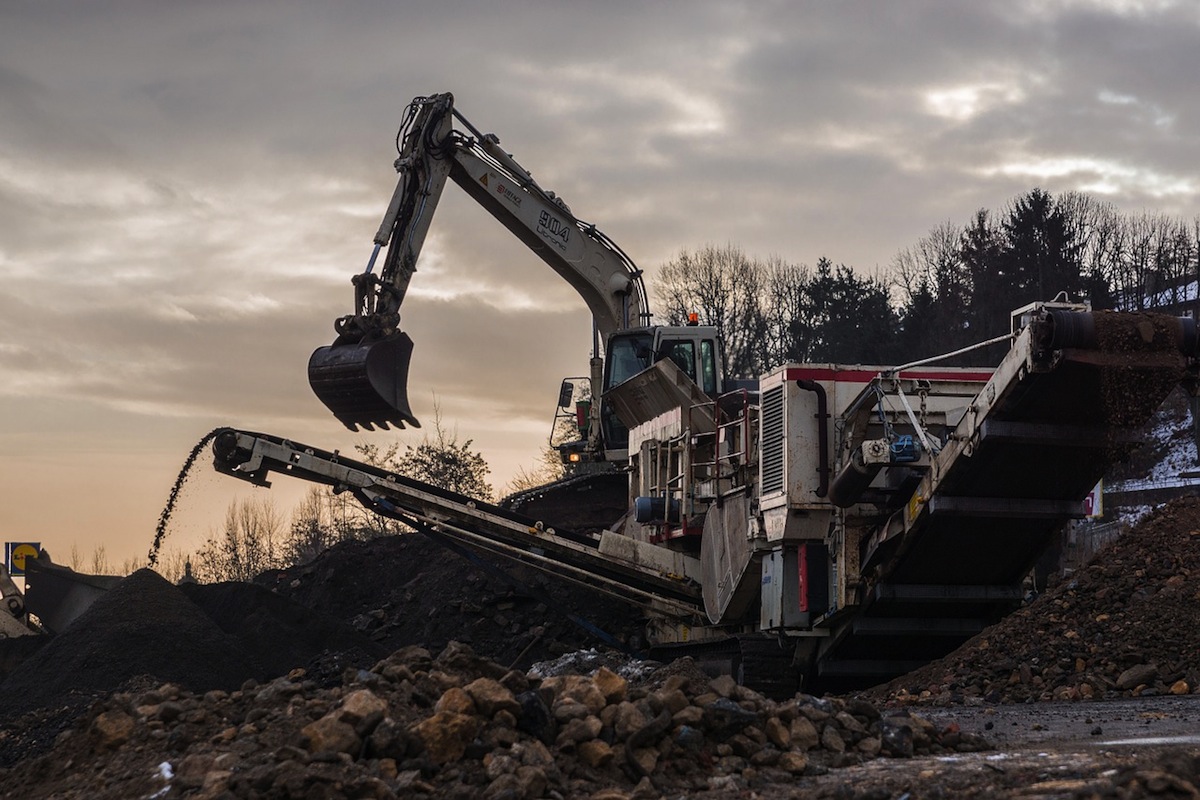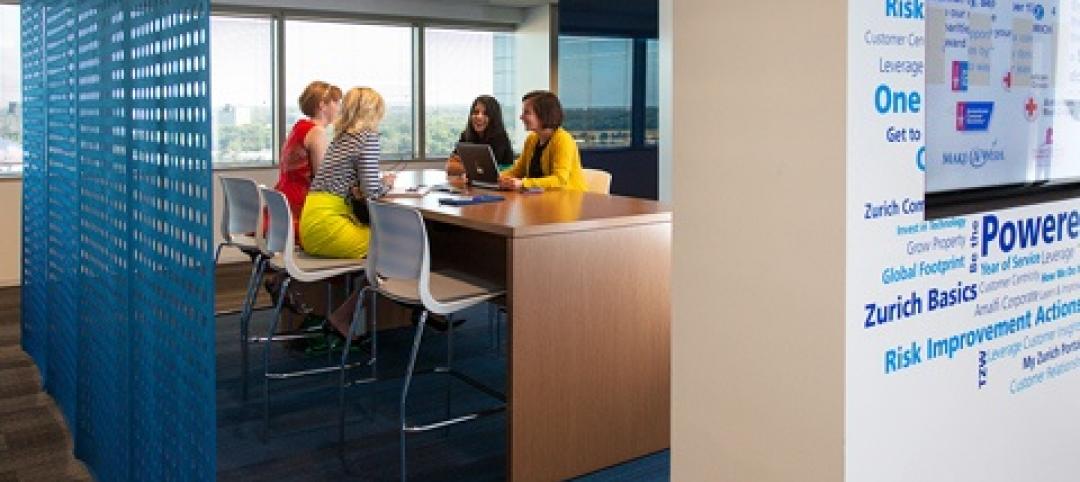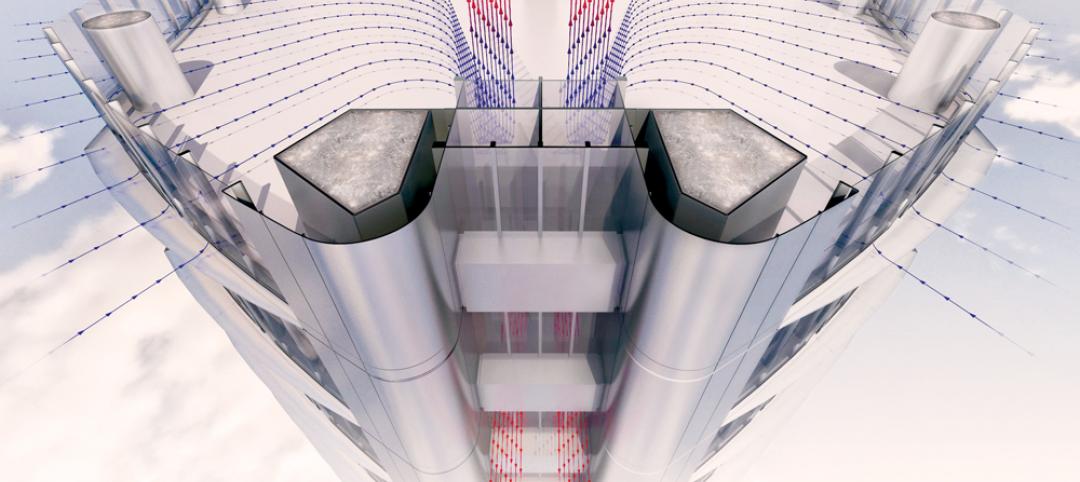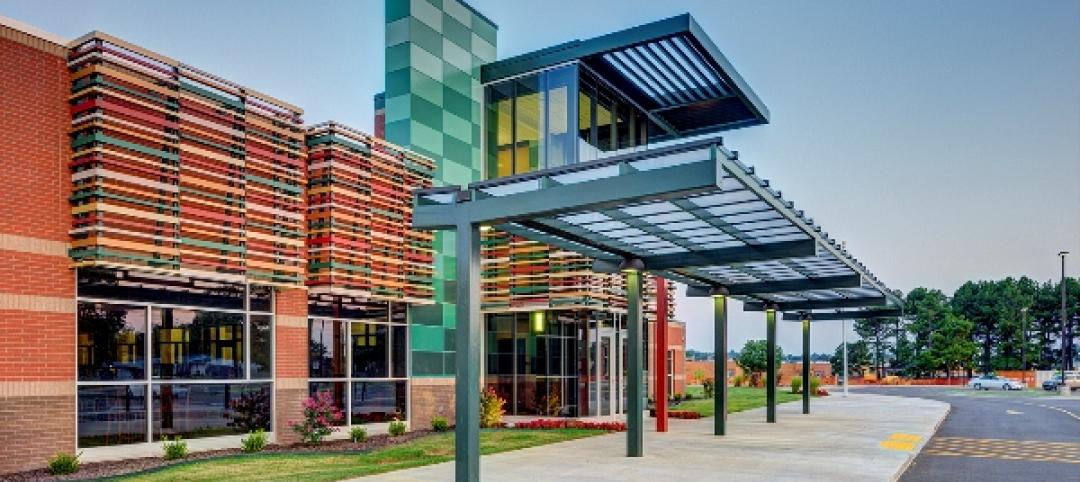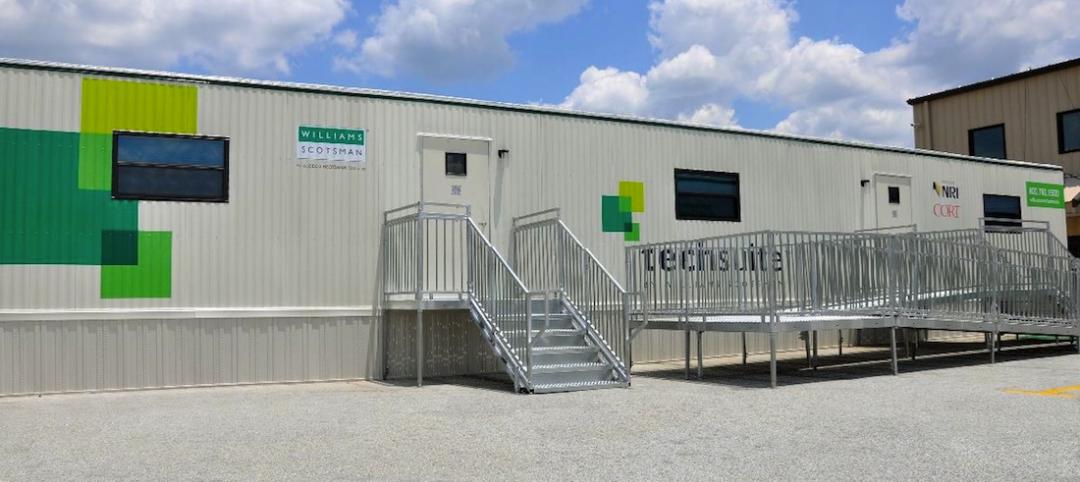The impact of large, transformational deals by integrated engineers and constructors (E&C) last year will spur continued M&A activity this year, as the largest firms use acquisitions to drive growth and enter new markets, according to the latest edition of FMI’s Mergers & Acquisitions Trends.
“Large, transformational deals highlighted robust M&A activity in the E&C industry in 2014,” said Chris Daum, Senior Managing Director and Head of Investment Banking at FMI. “While there may not be as many marquee transactions thus far in 2015, M&A activity remains very high, particularly among the largest U.S. and international firms that continue to pursue acquisitions as a conduit for growth and margin expansion.”
Large, integrated E&C firms remain acquisitive in 2015 as they look to expand beyond their current maturing markets. Competition among buyers for quality firms of size in attractive growth markets is leading to favorable valuations for sellers. One material challenge that exists for buyers has been the limited number of willing sellers that are of sufficient size to be attractive—e.g., heavy civil contracting firms above $200 million and utility T&D or multi-trade industrial firms above $100 million in value.
Persistent themes in 2015
Persistent themes are shaping broader trends within the industry:
• 2014 was notable for several “mega-deals” in the E&C industry, with three deals accounting for more than $11 billion in transaction value alone. Several multibillion-dollar transactions, including AECOM’s acquisition of URS, SNC-Lavalin’s acquisition of Kentz and the merger of AMEC and Foster Wheeler, reflected the continuing convergence of engineering and construction, the pursuit of global scale by large firms and competition for “mega-projects,” which continue to proliferate.
• Firms tied to public spending remain in a “holding pattern” until spending returns to normalized levels. Most of the new construction currently taking place is in the private sector due to a lack of public spending on infrastructure, and buyers have shifted their appetites toward companies servicing the more active private sectors. Potential sellers who are heavily tied to the public sector may attract limited buyer interest until the outlook for public infrastructure spending improves.
• Interest from strategic buyers exceeds the number of quality, motivated sellers in several industry sectors, driven in part by strong interest from international buyers. The US is the most attractive growth market for international firms faced with flat or declining business in their home markets. International buyers are most interested in national or large regional general contractors, heavy civil contractors, or large specialty firms focused on power, energy and industrial infrastructure.
Varied activity by sector
The carryover of robust M&A activity from 2014 in the E&C industry is most notable among firms involved in the design, construction or maintenance of power, energy, utility and industrial infrastructure. However, building products, energy services and cleantech and specialty contractors with large service and maintenance operations continue to see increased buyer interest.
In Oil & Gas, many private equity firms pulled back from pending upstream and midstream deals in the second half of 2014. The sustained decline in the price of oil is expected to fuel an increase in distressed sales, a decline in valuation multiples and a re-emergence of strategic buyers in 2015. Those financial buyers who remain active in the market are focused on acquiring quality assets at steep discounts. The industrial sector, meanwhile, is growing faster than the overall construction market. For that reason, we expect M&A activity for industrial trade contractors to increase over the next few years. The surge in industrial projects is due to the recent availability of low natural gas prices. This has driven both new and renovation projects, spurring some contractors to look to M&A as a potential solution.
Robust international activity
Many international buyers, meanwhile, who have historically focused on traditional construction firms, are beginning to shift their attention to integrated E&C firms. Many buyers believe the integrated model provides a significant entry point into the U.S. market for firms looking to make their initial acquisition. In addition, international buyers continue to see the U.S. as an opportunity for Public-Private Partnerships (P3) projects, and an integrated platform can provide earlier access to the development of revenue-generating projects.
“While 2015 may not match the level of activity seen in 2014, M&A remains a focal point of strategy for many large domestic E&C firms,” said Daum. “Coupling that with the increased interest from international buyers should allow for a continued robust M&A market in 2015.”
FMI’s Mergers & Acquisitions Trends report can be accessed here.
Related Stories
| Nov 17, 2014
Hospitality at the workplace: 5 ways hotels are transforming the office
During the past five years, the worlds of hospitality and corporate real estate have undergone an incredible transformation. The traditional approach toward real estate asset management has shifted to a focus on offerings that accommodate mobility, changing demographics, and technology, writes HOK's Eva Garza.
| Nov 17, 2014
Developments in 3D printing can assist architecture in the smallest details
Researchers at the Department of Energy’s Oak Ridge National Laboratory (ORNL) have developed a way for 3D printed metals to be produced with an unprecedented degree of precision.
| Nov 17, 2014
A new BSL-3 public-safety lab debuts in Vermont
The laboratory will be used to perform a wide range of analyses to detect biological, toxicological, chemical, and radiological threats to the health of the population, from testing for rabies, West Nile, pertussis and salmonella to water and food contaminants.
| Nov 17, 2014
Workplace pilot programs: A new tool for creating workspaces employees love
In a recent article for Fast Company, CannonDesign's Meg Osman details how insurance giant Zurich used a workplace pilot program to empower its employees in the creation of its new North American headquarters.
| Nov 17, 2014
Mastering natural ventilation: 5 crucial lessons from design experts
By harnessing natural ventilation, Building Teams can achieve a tremendous reduction in energy use and increase in occupant comfort. Engineers from SOM offer lessons from the firm’s recent work.
| Nov 14, 2014
Bjarke Ingels unveils master plan for Smithsonian's south mall campus
The centerpiece of the proposed plan is the revitalization of the iconic Smithsonian castle.
| Nov 14, 2014
What college students want in their living spaces
In a recent workshop with 62 college students, architects from Little explored the changing habits and preferences of today's students, and how those changes affect their living spaces.
Sponsored | | Nov 12, 2014
Eye-popping façade highlights renovation, addition at Chaffin Junior High School
The new distinctive main entrance accentuates the public face of the school with an aluminum tube “baguette” system.
| Nov 12, 2014
Collaboration as competitive advantage
A collaborative planning and design process may seem like a common-sense goal, but the concept can be a challenge to achieve in the fragmented AEC industry. SPONSORED BLOG
Sponsored | | Nov 12, 2014
Williams Scotsman plugs into the jobsite
Many of our customers conduct important business from their temporary modular jobsite office and most require access to technology to get their job done effectively and efficiently. SPONSORED CONTENT


